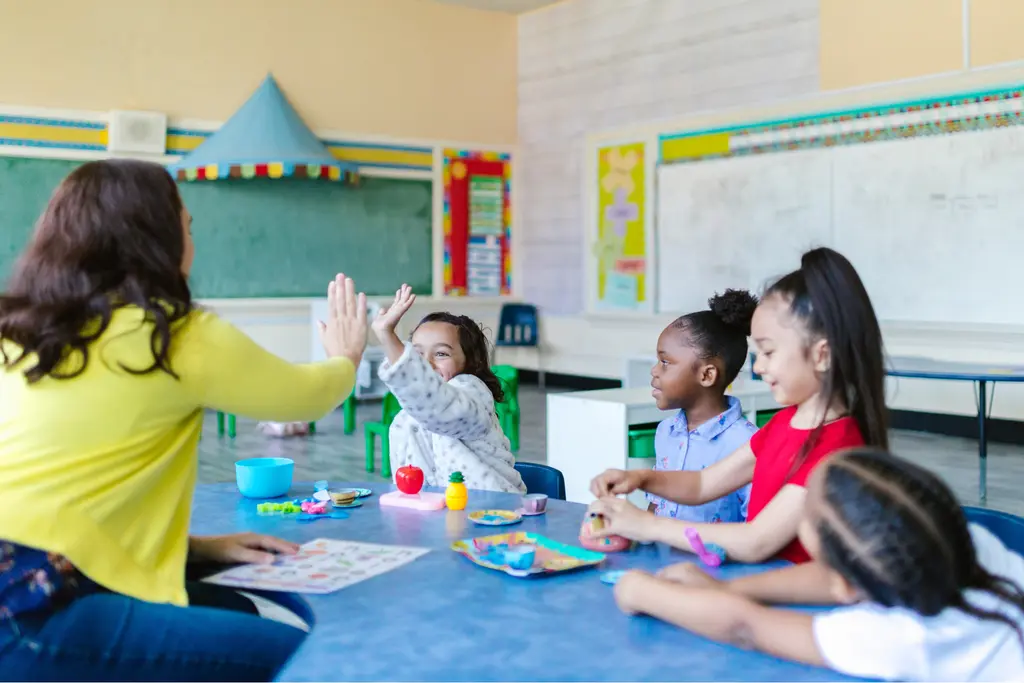Sensitive content
This site contains sensitive content that includes references to sexual violence.

I understand this is a difficult subject—one that’s hard to hear. But we must be brave enough to face stories of childhood sexual violence so that children can be safe. I’m here as a testament to the countless children still suffering in silence. Right now, there are children, like I once was, sitting in classrooms—not learning but merely surviving through abuse, neglect, and fear. We must change that.
When I was a child, I didn’t go to school to learn. I went to school to escape. I sat at the back of the classroom, shut down, frozen in fear from the violence I faced at home. The teachers saw a child who was quiet, withdrawn, a ‘problem’ they couldn’t solve. I was labelled ‘stupid,’ dismissed, and left behind. But I was not stupid. I was a child living everyday through horrors no child should ever face— neglect, physical, emotional, and sexual abuse. I was first raped when I was aged 4 and by the time I was 12, I had been raped by 4 different men. I lived with this trauma, every single day until I was 16, and yet I sat in classrooms where no one saw me for who I truly was. I was a child desperate for help, screaming for safety with every outward behaviour, but no one ever asked the right questions or looked beyond my behaviour.
The truth is trauma rewires a child’s brain. When you’re in constant survival mode, learning isn’t an option. Your brain isn’t focused on math or grammar; it’s focused on survival. You can’t make friends because trusting anyone feels like too big a risk. When I left school without qualifications, it wasn’t because I lacked ability but because the system didn’t know how to support children like me.
One teacher, though, showed me compassion, she would wash me when I came to school unclean, kept a change of clothes for me, and showed me a kindness that has stayed with me always. She saw me, and that care is part of who I am today.
But this is not a story of the past, it is a current reality for many children today. Children who are still sitting in classrooms just like I did—not learning, but merely surviving. This must change, and education has the power to make that change happen.
Here’s how:
1. Make trauma-informed education a global standard. Teachers need to look beyond “bad behaviour” to recognise when withdrawal, silence, or acting out are cries for help. Trauma-informed approaches must be woven into every curriculum, so schools become places of safety and healing.
2. Provide mandatory training on abuse prevention and intervention. Teachers need the skills to identify and respond to abuse. Abuse shouldn’t be invisible; educators must be able to act quickly and effectively to protect children.
3. Incorporate appropriate education. Children shouldn’t have to protect themselves from abuse. However, understanding body boundaries and consent gives them the language and knowledge to recognise when something isn’t right. When I was a child, I didn’t know what was happening to me was abuse because I didn’t have the words. This education empowers children without placing responsibility on them. Education can also break down the stigma around sexual abuse and violence, creating a culture of openness and trust.
4. Integrate support services within schools. In Northern Ireland, we’re beginning to embed social workers and counsellors in schools—a positive step for children, families, and teachers. With support readily available, children don’t have to look far to find someone who can help. Having these resources in schools also supports teachers who may be facing vicarious trauma or who feel unequipped to manage or identify complex needs.
5. Strengthen collaboration between social services and schools. We need seamless communication so that when abuse is suspected, children receive immediate, coordinated support. Social workers, teachers, and health professionals must work together to keep children safe.
These steps aren’t optional—they’re essential. Every day we wait, another child suffers in silence. Schools can become powerful places of healing and growth, but only if we make this commitment.
As a therapist I spend one hour a week with traumatised children. Educators spend 6-8 hours a day with children; you have the power to impact a child’s life in a way that few others can.
Let’s not just talk about ending violence against children—let’s do it. Let’s make schools places of hope, safety, and opportunity for every child, no matter what they’ve endured.
The time to act is now.
